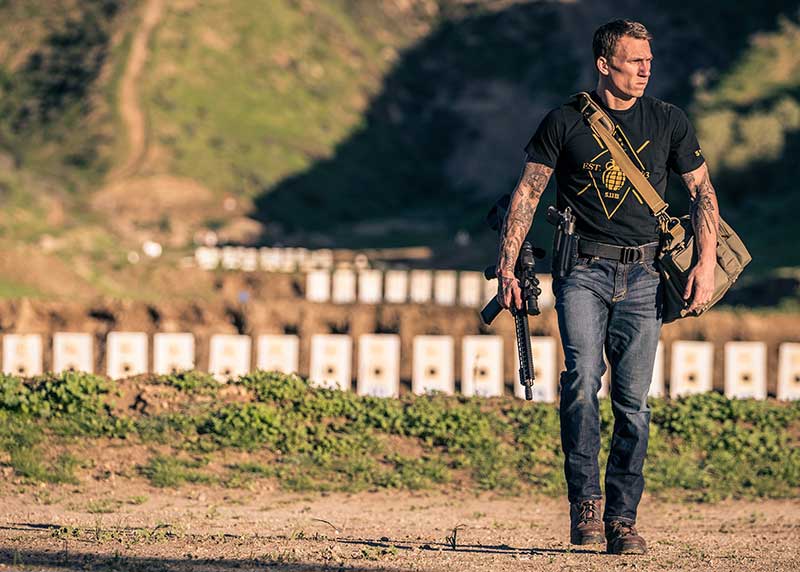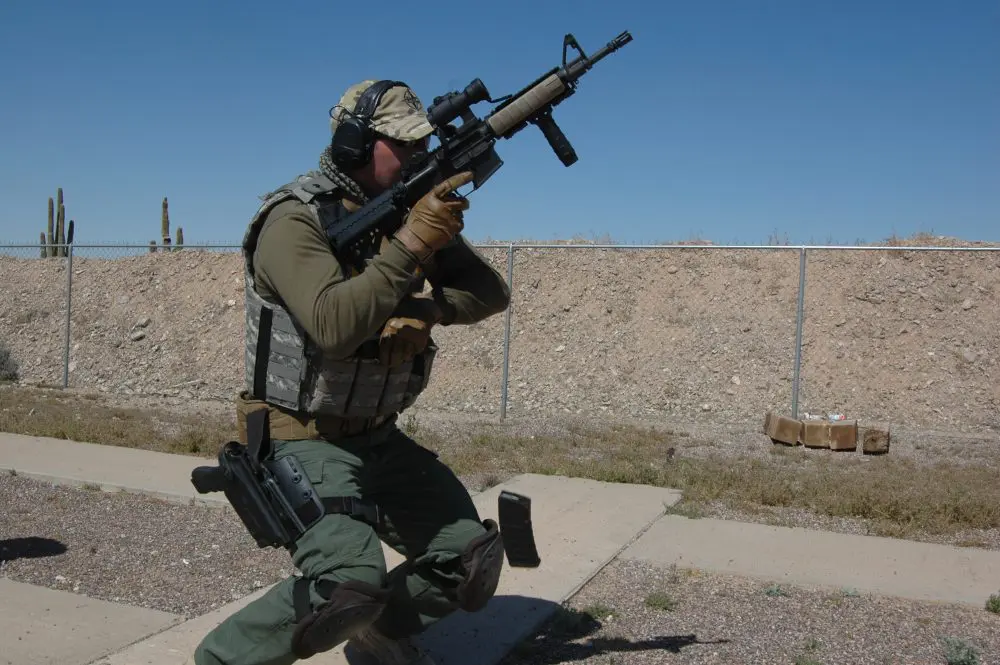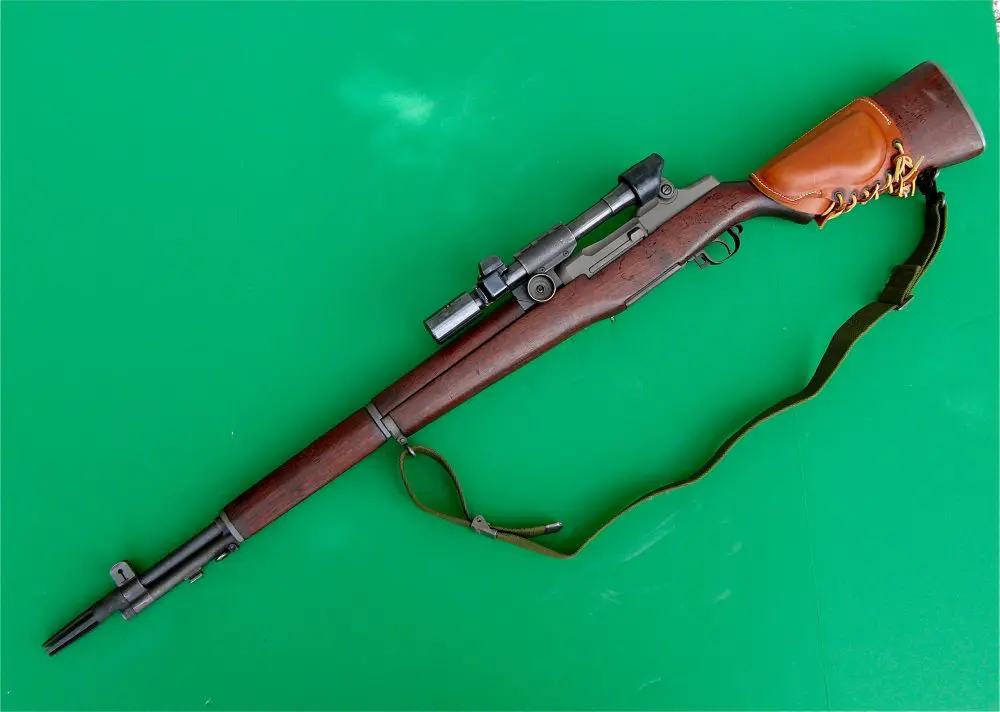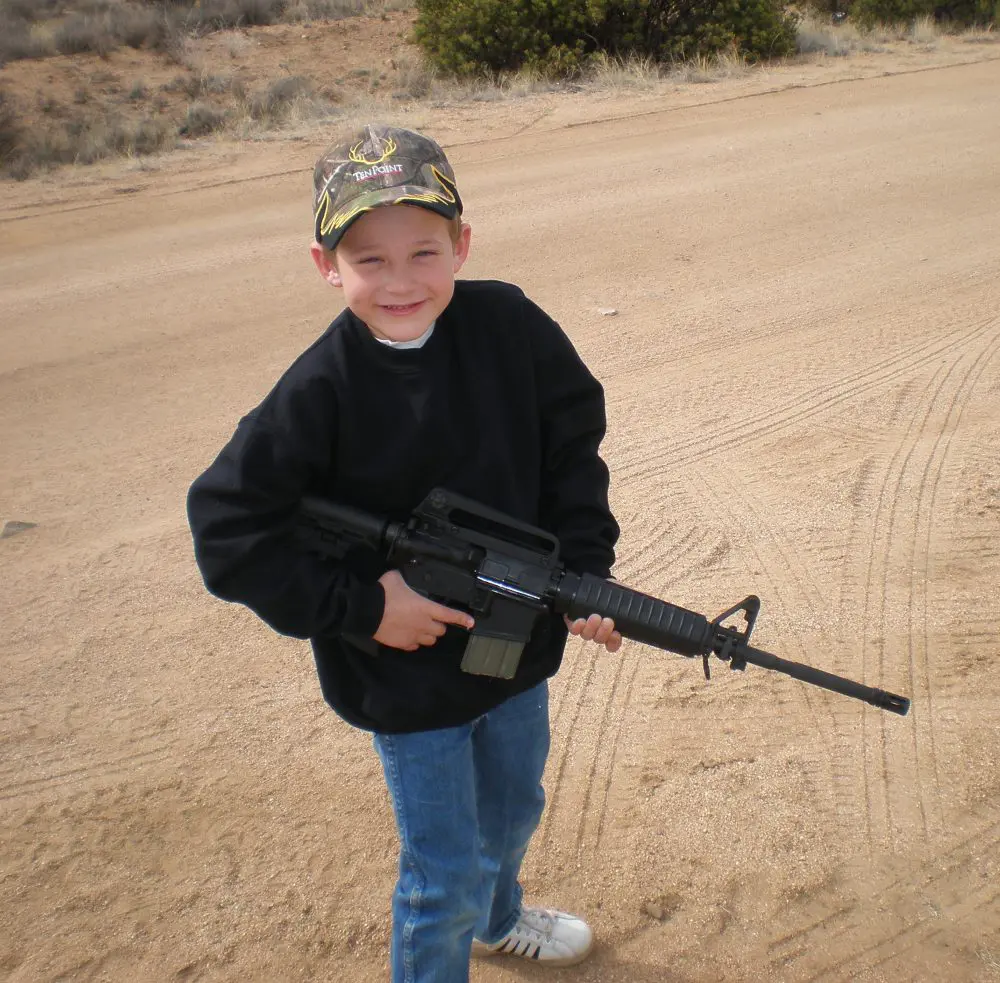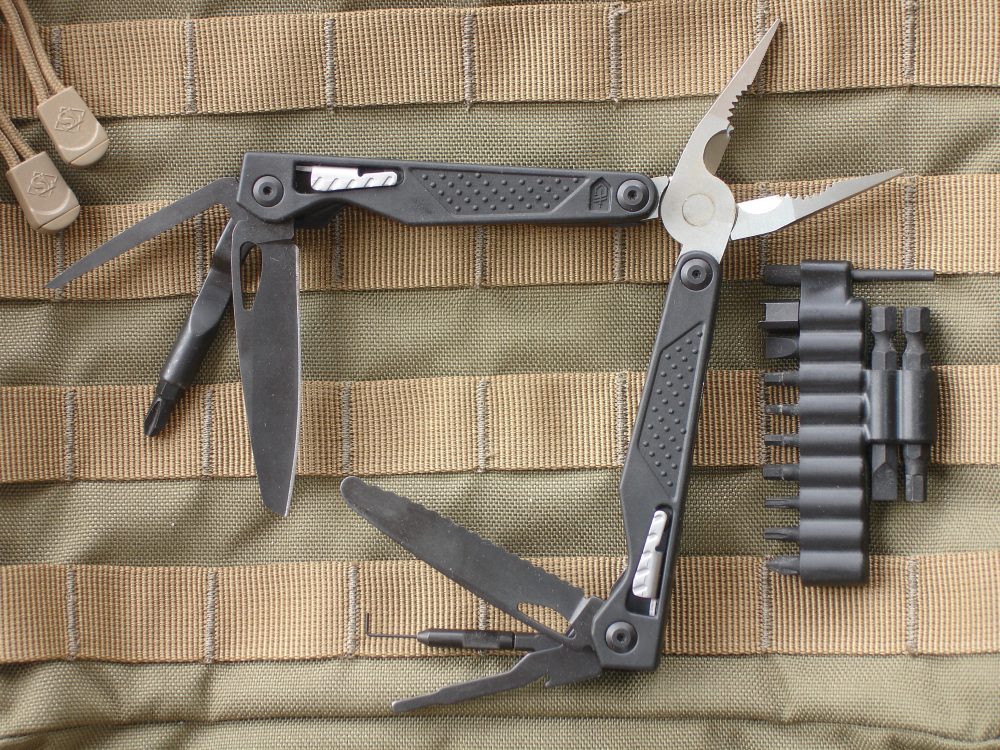We have had thousands upon thousands of shooters come through our training both within International Tactical Training Seminars and while I was active on LAPD. Many shooters do in fact, enjoy shooting on different levels, and a common question posed is, “What is there left to explore within shooting?” Try long distance shooting.
You do not have to be a dedicated, full-time sniper to delve into an entirely new world of shooting. In fact, if you really want a challenge I would encourage you to get into long range shooting.
Long distance really begins at about 700 yards and goes out to 1,000—perhaps even 1,100—yards with the .308. There are other calibers that will extend beyond this distance, but they tend to be prohibitively expensive when you do a lot of shooting. There is something supremely satisfying when you can observe a target at extended distance and rapidly make all the requisite calculations and hit with the first shot out.
There is also a grace and beauty to a really fine, quality-made sniper rifle that is built to your specifications and fits you as tightly and perfectly as a custom sports car. (Still don’t have one of those.)
To slip in behind the rifle and cut through the distance with clear optics and watch as the reticle moves slightly up and to the right and then settles just prior to breaking the shot is a whole different experience than shooting a pistol, a shotgun or even a carbine. There is a very real Zen aspect to extended distance shooting that settles the mind and forces the shooter to go to a completely different space upstairs than he has ever gone before.
From time to time I will go to the range by myself for the day. There are no distractions and no conversations to hold other than with myself. On a very good day I might fire 60 rounds, but usually it is less than this. I make each and every shot count and factor in every variance that can skew the shot—for any number of reasons—and this is where it gets really interesting.
Extended distance is wholly unforgiving. There is nothing short of perfection that will be tolerated by the rifle. Temperature, inclination, wind, barometric pressure, consistency of form and mental focus, and correct mechanical inputs in exacting increments must all be accounted for. If you make one single mistake, then the whole shooting match goes out the window. It is humbling, to say the least.
On more than one occasion, I have missed shots due to the simplest of mistakes. Each shot can be a learning experience. If you are afforded the rare opportunity to shoot at distance by yourself, then you will find that at the end of the day, if you are introspective, you will have learned from each of the day’s shots. And it will happen every time you set forth.
The one aspect of long range shooting that is often overlooked is how it relates to gunfighting in general. The focus and the ability to think clearly and logically—and trust implicitly in the mechanics—are never as prevalent as they are in this type of shooting. There is no second-guessing as the shot breaks. The shooter’s focus and the clarity of that focus must be with everything that the shooter can bring to bear at that precise moment when he fires.
Distance shooting requires that you calculate, set and fire in as short a time frame as is possible with as few mistakes as possible and with only one shot afforded. There is an honest clarity to this procedure just as there is within a close-range gunfight. Either you hit or you did not, either you calculated correctly or you did not, either you trusted in the mechanics or you did not.
Another aspect to this game is that you will never master it! To master it means that you would never, ever miss on any shot, under any conditions and at all distances. It has never happened, is not happening now, nor will it ever happen. It is a constant learning experience, just as gunfighting is. To call oneself a master is beyond ridiculous—it’s downright embarrassing! So another aspect to long range shooting is that it very rightly puts you in your place.
Perhaps a better way of stating this is that it places things in perspective—and this is as it should be. We are all fallible and subject to mistakes. The wise ones learn, remain humble and do not overstate themselves, and these are precisely the ones you want by your side when the chips are down. I have known and worked with many specialized snipers, and they all exhibit the same humble and introspective demeanor that is the mark of a true professional. Long range shooting will reinforce this mindset in a way that nothing else will.
If you really want a challenge, look into extended distance shooting. It will be a truly positive experience.
[Scott Reitz is a 30-year veteran of the Los Angeles Police Department and the director of the highly acclaimed International Tactical Training Seminars. Course information and schedules are available at their website at www.internationaltactical.com. Looking Back, a free monthly newsletter, is available by email at [email protected].]

